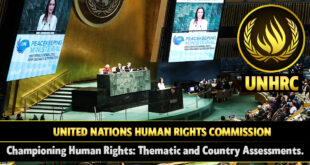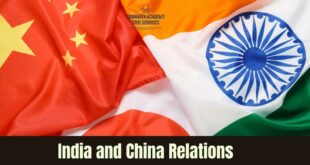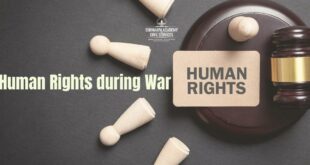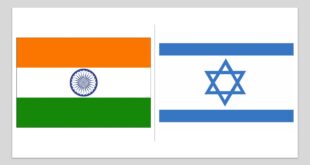- The crucial hurdle in the way of reforming the United Nations comes from the disunited state of the UN General Assembly (UNGA), Csaba Korosi, President of the 77th UNGA, said here on Monday.
- Speaking at a media stakeout, Mr. Korosi, who arrived here on Sunday on a four-day visit ahead of his trip to China, said the reform of the UN Security Council was a member-driven process and for that, the members of the UNGA had to first come together to pass a resolution demanding the reform of the Security Council.
- “In order to ask the P5 or the Security Council itself to accept a proposal coming from the UN General Assembly for reform, there should be a resolution in the General Assembly. It has not happened [so far].
- The General Assembly has always been very much divided. Among the 193 countries, there are five negotiating groups and they are neutralising each other,” said Mr. Korosi, arguing that the functioning of the General Assembly is as much important as the permanent members of the UNSC in ensuring reform of the United Nations system.
- He maintained that the permanent members were “historically not enthusiastic” about reform of the UN system, but they had all agreed that it was necessary for introducing changes in the Security Council.
- He reminded that the system of veto in the Security Council is 77 years old and that it has become a tool to block the work of the global body and not to encourage it.
- India’s position in this regard was expressed by External Affairs Minister S. Jaishankar during the recently held Voice of the Global South Summit when he described the UN as a “frozen 1945-invented mechanism”.
- “Some powers have been singularly focused on their own advantage, to the exclusion of the well-being of the international community,” Mr. Jaishankar had said, articulating India’s opinion before the members of the Global South earlier this month.
- Korosi said he met Prime Minister Narendra Modi and Mr. Jaishankar on Monday and the two sides discussed the Ukraine crisis and the reform of the UN Security Council, which had become more pertinent in view of the military action by Russia, a member of the Security Council, against Ukraine, a member-state of the UN.
- “The level of strategic resonance exceeded my expectations,” said Mr. Korosi, summing up his interactions with Mr. Modi, Mr. Jaishankar and Minister of Petroleum and Natural Gas Hardeep Singh Puri, who hosted him for a dinner on Sunday.
- Korosi said despite demand for reforming the UN system, nothing much had been done so far.
- Last October, the process received a boost when he appointed two negotiators for the programme of reform — Permanent Representatives Tareq M.A.M. Albanai of Kuwait and Michal Mlynar of Slovakia — to look after the Intergovernmental Negotiations (IGN) as co-chairs.
- The IGN is the team that is looking after the issue of UN reform. Mr. Korosi said the two co-chairs were about to start wider consultations.
- Upon taking charge as the President of the UNGA, Mr. Korosi had promised to kick-start the process of UN reforms.
India’s key role
- The visiting dignitary said India had played a vital role in the past years in improving the response mechanism of the United Nations.
- “India has done a lot,” said Mr. Korosi, highlighting India’s contribution in stabilising the world which had been shaken by pandemic and war in recent years and invited India to become “very active” in all the negotiating tracks that were currently under way in the United Nations.
- In the context of the Ukraine crisis and other hotspots in the world, he said the UN could play a role in prisoner swap and in facilitating ceasefire between warring sides.
- He highlighted the humanitarian crisis that has become intense over the year-long crisis in Ukraine.
- He said the UN was focused on handling the humanitarian fallout as nearly 35% of global agricultural supplies were hit by the war in Ukraine.
- “There should be a ceasefire,” said Mr. Korosi regarding the lingering war between Russia and Ukraine.
- In response to a question from presspersons about China’s role in blocking India’s anti-terror campaign at the UNSC and tensions along the Line of Actual Control (LAC), Mr. Korosi said, “All conflicts must be resolved by peaceful manners.”
SOURCE: THE HINDU, THE ECONOMIC TIMES, PIB
 Chinmaya IAS Academy – Current Affairs Chinmaya IAS Academy – Current Affairs
Chinmaya IAS Academy – Current Affairs Chinmaya IAS Academy – Current Affairs



